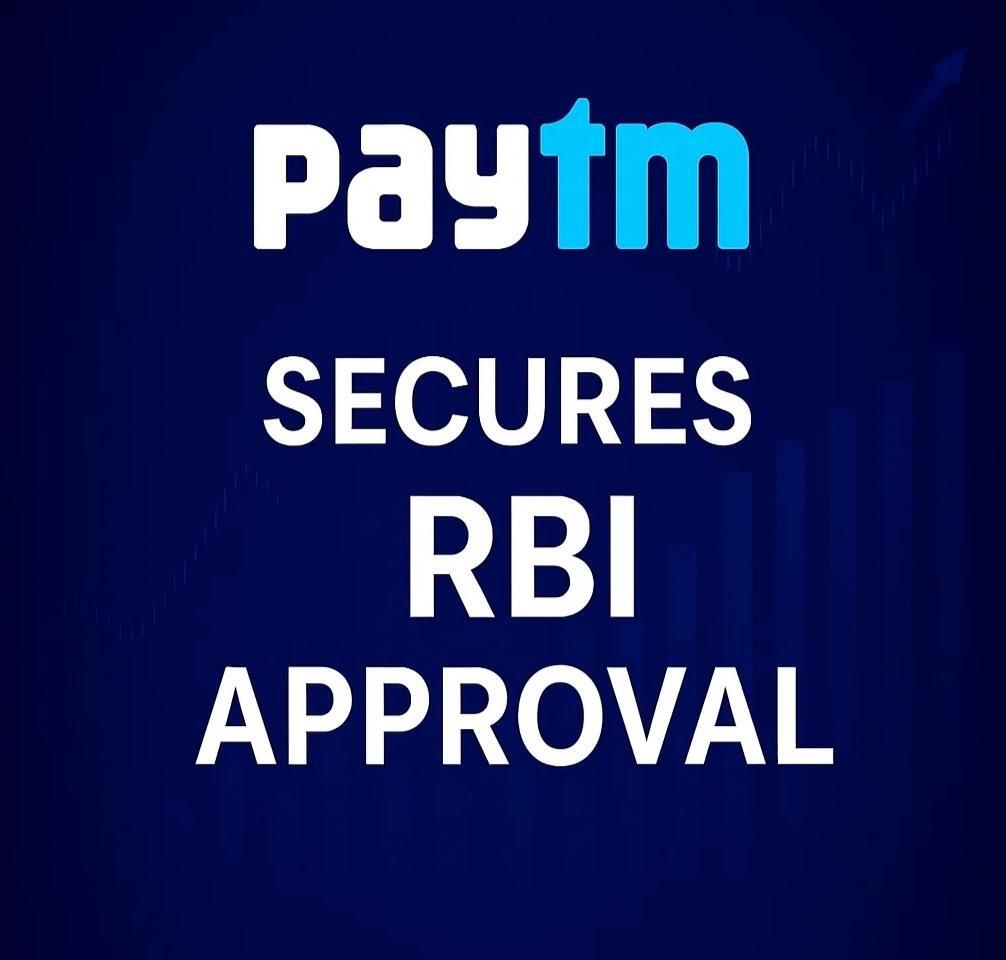
Paytm Gets RBI Approval as Payment Aggregator, Shares Hit ₹1167
In a significant development, Paytm’s subsidiary, Paytm Payments Services Limited (PPSL), has received the nod from the Reserve Bank of India (RBI) to function as a payment aggregator. This approval has been seen as a major boost for Paytm’s digital payments business, with its share price reaching a 52-week high of ₹1167 post the announcement.
As a payment aggregator, Paytm will now be able to directly onboard merchants, a move that is expected to widen the company’s payment services. This approval is seen as a significant step forward for Paytm, as it allows the company to scale its payment services and reach a larger customer base.
So, what does this approval mean for Paytm and its stakeholders? In this blog post, we will delve into the implications of this development and what it means for the company’s future prospects.
What is a Payment Aggregator?
Before we dive into the details, it’s essential to understand what a payment aggregator is. A payment aggregator is a company that enables online payment transactions between customers and merchants. These companies act as intermediaries between the customer’s bank and the merchant’s bank, facilitating transactions and ensuring that payments are processed securely and efficiently.
In India, the RBI has introduced regulations for payment aggregators to ensure that these companies comply with certain standards and guidelines. Payment aggregators are required to obtain a payment aggregator license from the RBI, which involves meeting certain criteria, such as having a minimum net worth of ₹100 crore and ensuring that transactions are processed in a secure and efficient manner.
What does this approval mean for Paytm?
The approval of Paytm’s subsidiary, PPSL, as a payment aggregator is a significant development for the company. With this approval, Paytm will now be able to directly onboard merchants, which will enable the company to expand its payment services and reach a larger customer base.
This approval is seen as a major boost for Paytm’s digital payments business, as it will enable the company to offer a wider range of payment services to its customers. Paytm will now be able to offer its services to a larger number of merchants, which will increase its revenue and competitiveness in the market.
In addition, this approval will also enable Paytm to offer its services to a wider range of customers, including those who do not have access to traditional payment methods. This is particularly significant for Paytm, as the company has been focusing on expanding its services to rural and semi-urban areas, where access to traditional payment methods is limited.
What are the benefits for investors?
The approval of Paytm’s subsidiary as a payment aggregator is seen as a positive step for investors, as it is expected to boost the company’s revenue and competitiveness. With this approval, Paytm will now be able to offer a wider range of payment services to its customers, which will increase its revenue and profitability.
In addition, this approval will also enable Paytm to expand its services to a wider range of customers, which will increase its customer base and revenue. This is particularly significant for investors, as Paytm’s revenue and profitability have been impacted by the COVID-19 pandemic.
The approval of Paytm’s subsidiary as a payment aggregator has also been seen as a positive step for the company’s future prospects. With this approval, Paytm will now be able to expand its services to a wider range of customers and merchants, which will increase its revenue and competitiveness.
Conclusion
In conclusion, the approval of Paytm’s subsidiary as a payment aggregator is a significant development for the company. With this approval, Paytm will now be able to directly onboard merchants, which will enable the company to expand its payment services and reach a larger customer base.
This approval is seen as a major boost for Paytm’s digital payments business, as it will enable the company to offer a wider range of payment services to its customers. Paytm will now be able to offer its services to a larger number of merchants, which will increase its revenue and competitiveness in the market.
In addition, this approval will also enable Paytm to offer its services to a wider range of customers, including those who do not have access to traditional payment methods. This is particularly significant for Paytm, as the company has been focusing on expanding its services to rural and semi-urban areas, where access to traditional payment methods is limited.
Overall, the approval of Paytm’s subsidiary as a payment aggregator is a positive step for the company, and it is expected to boost its revenue and competitiveness in the market.
News Source:
https://ticker.finology.in/discover/market-update/paytm-rbi-payment-aggregator-approval-analysis






